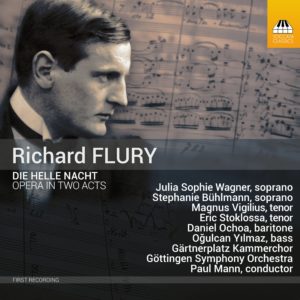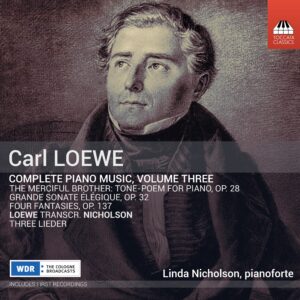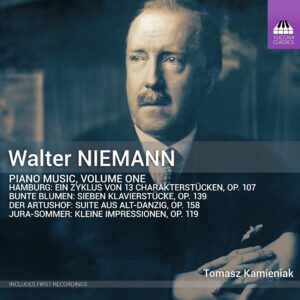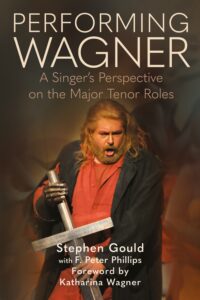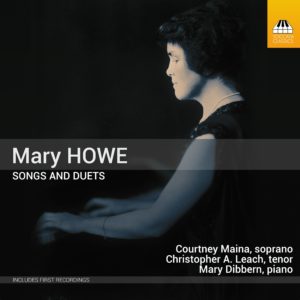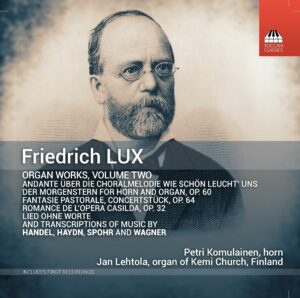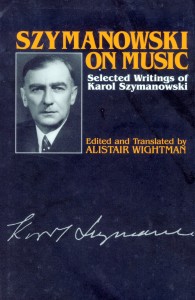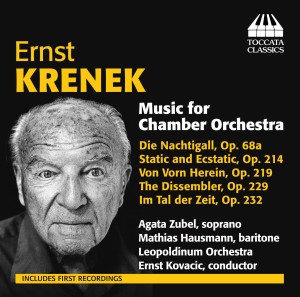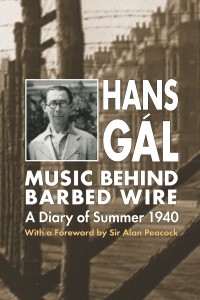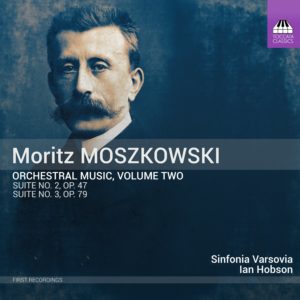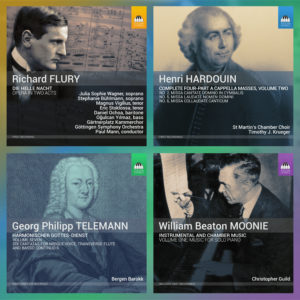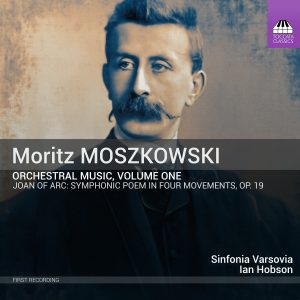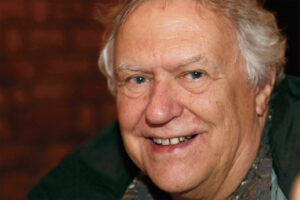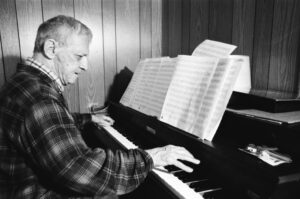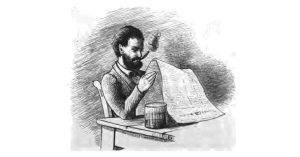Search Results for "3V0-42.20 Vorbereitung 🎨 3V0-42.20 Musterprüfungsfragen 🎑 3V0-42.20 Zertifikatsdemo 🚋 Öffnen Sie die Webseite [ www.itzert.com ] und suchen Sie nach kostenloser Download von ➤ 3V0-42.20 ⮘ 🔗3V0-42.20 Zertifikatsfragen" – Page 2
Showing results for 390 sooeun £9 susan £9 website £9 seinen sie die website www szene com und schon nach szene download von £9 £9 £30 website susan seinen 420 website 420 750 750 750-2 750-2 seinen 420 website 420 2 750 390 420 420 750 750
Richard Flury: Die helle Nacht, Opera in Two Acts
Die helle Nacht (‘The Bright Night‘), the second opera by the Swiss composer Richard Flury (1896–1967), enjoyed only a single radio broadcast in 1935, the year of its completion, and then remained unheard until this recording. It is revealed as a passionate mixture of sexual jealousy, obsession and murderous revenge, until love and reason ultimately prevail. Flury responded with some of his most ardent music, poised between the late Romanticism of Richard Strauss and occasional more modernist touches that reveal an admiration for Alban Berg – with a further link to Vienna in Flury’s fondness for waltz rhythms.
Julia Sophie Wagner, soprano
Stephanie Bühlmann, soprano
Magnus Vigilius, tenor
Eric Stoklossa, tenor
Daniel Ochoa, baritone
Oğulcan Yılmaz, bass
Gärtnerplatz Kammerchor
Göttingen Symphony Orchestra
Paul Mann, conductor
Carl Loewe: Complete Piano Music, Volume Three
Known in his lifetime as ‘the north German Schubert’, Carl Loewe (1796–1869) is remembered today chiefly as a composer of songs and ballads. Yet there is a considerable body of piano music that is strikingly innovative in content, expression and harmony, containing the germs of ideas later taken up by composers such as Wagner and Liszt. Loewe was unquestionably a brilliantly original talent, a major figure in ushering in the Romantic era – with the remarkable Four Fantasies of 1854 heard here ‘documenting’ in music the contemporary emigration of German families to the United States. This third volume of Linda Nicholson’s survey of his piano music on historical instruments concludes its first-ever complete recording on any kind of piano.
Linda Nicholson, Erard piano, c. 1839
Walter Niemann: Piano Music, Volume One
The largest part of the output of the Hamburg-born composer and writer Walter Niemann (1876–1973), a student of both Humperdinck and Reinecke, is piano music: an astonishing 1,000 or so pieces, divided into 189 opus numbers. Most of them are lyrical miniatures in a warm and approachable late-Romantic style, some evoking the music of the past. Occasionally, though, as in Hamburg, a recollection of scenes from his childhood, a degree of mild dissonance indicates his desire to stay true to his memories of growing up in a port city.
Tomasz Kamieniak, piano
Performing Wagner
USE CODE BB110 at Boydell & Brewer to save £35!
A Singer’s Perspective on the Major Tenor Roles
by Stephen Gould and F. Peter Phillips
Foreword – Katharina Wagner
Introduction – F. Peter Phillips
154 Pages
Hardcover
23.4 x 15.6 cm
25 colour and 22 b/w illustrations
Mary Howe: Songs and Duets
The name of Mary Howe (1882–1964) seems to have vanished from the history books. But she was an important voice in American music in the first half of the twentieth century, as an activist and organiser, as a concert pianist and, especially, as a composer. This pioneering album of her songs shows her late-Romantic style open to influences from Debussy, Mahler, Richard Strauss and other contemporaries: she was, she said, ‘alert for new sensations, like a Puritan on a holiday’.
Courtney Maina, soprano (tracks 1,2, 4, 10-13, 15, 16, 19, 20, 22)
Christopher A. Leach, tenor (tracks 1, 3, 5-10, 13, 17, 18, 21, 22)
Mary Dibbern, piano
Friedrich Lux: Organ Works, Volume Two
Friedrich Lux (1820–95) was one of those musicians who formed the fabric of musical life in nineteenth-century Germany: though he worked away from the major cities, as conductor, teacher, organist, organiser and composer, he was an indispensable element of the communities in which he worked. His large body of organ music, as good as unknown before now, brings together elements of the musical language of Bach, Mendelssohn and Schumann, in works that range from the intimate to the grandiose.This second volume brings some of his many transcriptions to the fore.
Petri Komulainen, horn
Jan Lehtola, organ of Kemi Church, Finland
Szymanowski on Music: Selected Writings of Karol Szymanowski
Edited and Translated by Alistair Wightman
Extent: 390 pages
Composition: Demy octavo ~ Illustrated ~ List of Szymanowski’s Writings ~ Bibliography ~ Index
Illustrations: 15 b/w
Ernst Krenek: Music for Chamber Orchestra
These five works for chamber orchestra by Ernst Krenek (1900-91) were written between 1931 and 1979 — both before and long after Krenek abandoned Hitler's Austria for California. They demonstrate that serial music, in capable hands, does not have to abandon the virtues of more conservative idioms: the emotions embraced here range from translucent lyricism, via powerful dramatic utterance, to uneasy existentialist humour.
Agata Zubel, soprano
Mathias Hausmann, baritone
Leopoldinum Orchestra, chamber orchestra
Ernst Kovacic, conductor
Hans Gál: Music behind Barbed Wire: A Diary of Summer 1940
Translated by Eva Fox-Gál and Anthony Fox
English edition edited by Martin Anderson
Foreword by Sir Alan Peacock
Extant: 243
Composition: Royal octavo ~ Editorial Introduction ~ Eva Fox-Gál: ‘Hans Gál: A Biographical Introduction’ ~ Richard Dove: ‘”Most Regrettable and Deplorable Things have Happened”: Britain’s Internment of Enemy Aliens in 1940’ ~ Hans Gál: Music behind Barbed Wire ~ Eva Fox-Gál: ‘Gál in Britain’ ~ Appendices – One: Personalia; Two: CD Programme; Three: Martin Anderson: Hans Gál in Conversation; Four: The Hans Gál Society; Five: The Contributors ~ Bibliography ~ Index of Gál’s Works ~ General Index
Illustrations: c. 50
Moritz MOSZKOWSKI: Orchestral Music, Volume Two
The Polish composer Moritz Moszkowski (1854–1925) is best remembered for a handful of virtuoso piano pieces, but he also produced a substantial body of orchestral music, most of it unperformed for a century or more. The first volume in this first-ever survey of his orchestral output presented the monumental ‘Symphonic Poem in Four Movements’ Johanna d’Arc – a vast symphonic fresco depicting the life, death and transfiguration of the heroine of Schiller’s 1801 play Die Jungfrau von Orleans – and drew a warm welcome from the musical press. These two big-hearted Suites continue that process of discovery, opening a treasure chest of gorgeous melody and sumptuous orchestral writing that make these forgotten gems irresistibly attractive.
Sinfonia Varsovia
Ian Hobson, conductor
First recordings
November 2021 Bundle
Included in this bundle:
Moritz MOSZKOWSKI: Orchestral Music, Volume One
The Polish composer Moritz Moszkowski (1854–1925) is best remembered for a handful of virtuoso piano pieces, but he also produced a substantial body of orchestral music, most of it unperformed for decades. Astonishingly, he was only in his early twenties when he wrote his monumental ‘Symphonic Poem in Four Movements’ Johanna d’Arc – heard here in its first recording – a vast symphonic fresco depicting the life, death and transfiguration of the heroine of Friedrich Schiller’s 1801 play, Die Jungfrau von Orleans. Moszkowski admitted to the influence of Wagner and Raff on the work – but he also managed to prefigure the musical language of the Hollywood epics of sixty years later.
Sinfonia Varsovia
Jakub Haufa, solo violin (Tracks 1, 4)
Ian Hobson, conductor
A Diaposon découverte
Thym for a Song
Music: A Connected Art/Die Illusion der absoluten Musik: A Festschrift for Jürgen Thym on his 80th BirthdayVerlag Valentin Koerner, Baden-Baden, 2023Reviewed by Niall Hoskin Jürgen Thym…
My Father and His Music: A Voyage of Discovery
As the Bulgarian-born Viktor Valkov picks up the baton of Leo Ornstein’s piano music from Arsentiy Kharitonov with a third volume from Toccata Classics, the…
An Infinity of Traces: Influence Without Anxiety
I often play a kind of party game with friends: each participant will offer a recording of a piece of music by a less-well-known composer,…
Some Thoughts on My First Volume of Philipp Scharwenka’s Piano Music
My contact with Philipp Scharwenka’s music came from my in-depth study of the great Portuguese pianist José Vianna da Motta (1868–1948), who, at the age…
Stay In the Know
JOIN THE TOCCATA NEWSLETTER
"*" indicates required fields
By visiting our site, you agree to our privacy policy regarding cookies, tracking statistics, etc.
